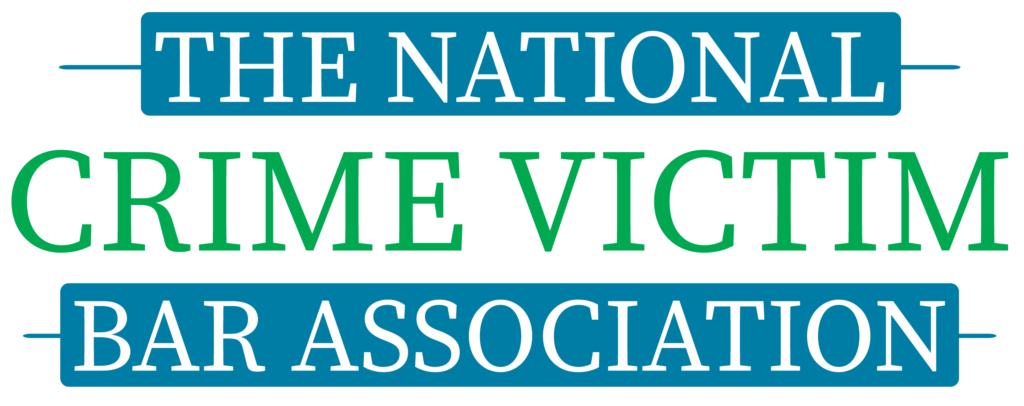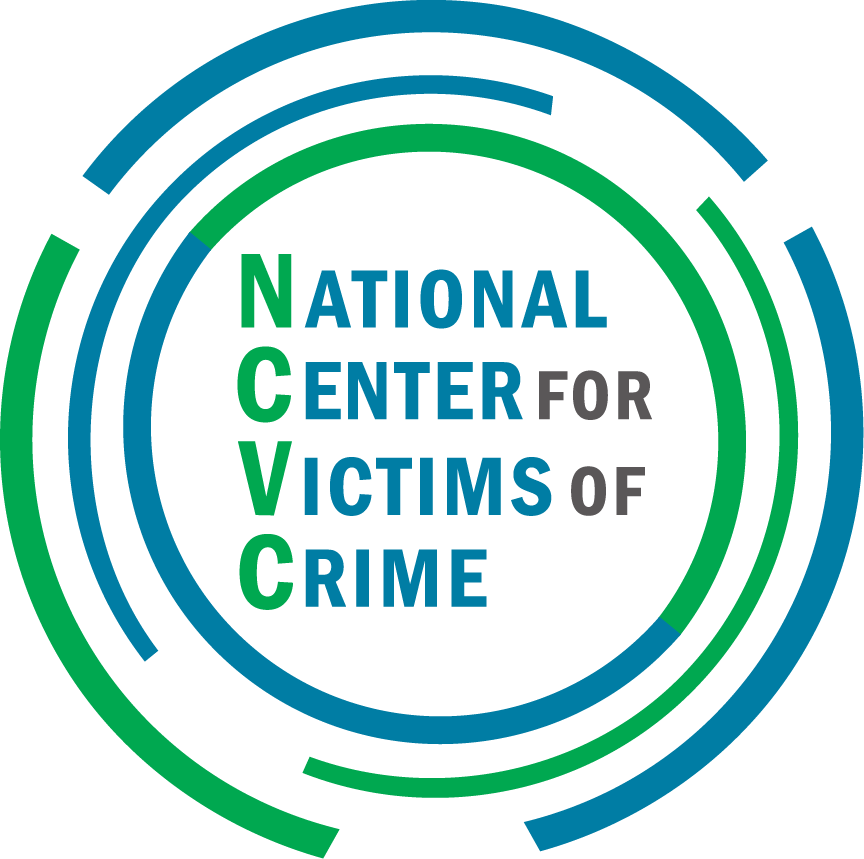I am a:
- Victim
- Advocate
This easy to read, free booklet is designed to give crime victims and allies a basic understanding of the civil justice system:
How Civil Litigation Can Help Crime Victims
More than 24 million Americans are victimized by crime each year. The consequences of crime frequently extend far beyond the criminal act. All too often victims are left with expenses for medical procedures, physical rehabilitation, counseling, and lost wages. Although many crime victims and their families have some knowledge about the legal system, they are often unaware that there are two systems of justice available in which to hold the offender accountable, the criminal justice system and the civil justice system.
Unlike the criminal justice process, the civil justice system does not attempt to determine an offender’s guilt or innocence. Offenders are also not put in prison. Rather, civil courts attempt to ascertain whether an offender or a third-party is liable for the injuries sustained as a result of the crime. If defendants are found civilly liable, courts may order them to pay monetary damages to victims.
The civil legal system offers crime victims an opportunity to secure what they seek most: justice. Regardless of whether there was a successful criminal prosecution, or any prosecution at all, victims can bring their claims before a court and ask to have the responsible parties held accountable. In the civil justice system, offenders are held accountable, not to the state, but to the victims who suffered the direct impact of the crime. While money awarded in civil lawsuits can never fully compensate a victim for the trauma of victimization or the loss of a loved one, it can be a valuable resource to help crime victims rebuild their lives. Moreover, the exposure to civil liability is a powerful incentive for landlords, businessmen, and other proprietors to enact the security measures necessary to prevent future victimizations.
Victims can consider suing perpetrators or other responsible parties. Some examples of other parties who might share some responsibility for the crime include hotel owners who fail to provide security measures, shopping malls that fail to provide adequate security, parents who allow children access to firearms, and tavern owners who serve alcohol to intoxicated persons.
How to Find an Attorney
Today, more attorneys than ever are representing crime victims in civil lawsuits, although relatively few specifically identify themselves as “crime victim” attorneys. To assist you, the National Crime Victim Bar Association provides crime victims with referrals to local attorneys specializing in victim-related litigation. Referrals can be requested by filling our ARS questionnaire, which can be found here. Questions can also be e-mailed to attorneyreferrals@victimsofcrime.org.
Victim Service Providers’ Role
Because they eventually may be subpoenaed as witnesses, service providers must be careful about discussing possible civil lawsuits with victims. It is a good idea for service providers to obtain competent legal advice about the privilege laws in their state so that they can know what to say, and what not to say, to a victim.
- Service providers can and should advise crime victims in general terms about their right to file a civil lawsuit against the perpetrator or other responsible parties.
- Service providers should advise victims about how to find competent and caring civil attorneys.
- Service providers should always give victims moral support!

